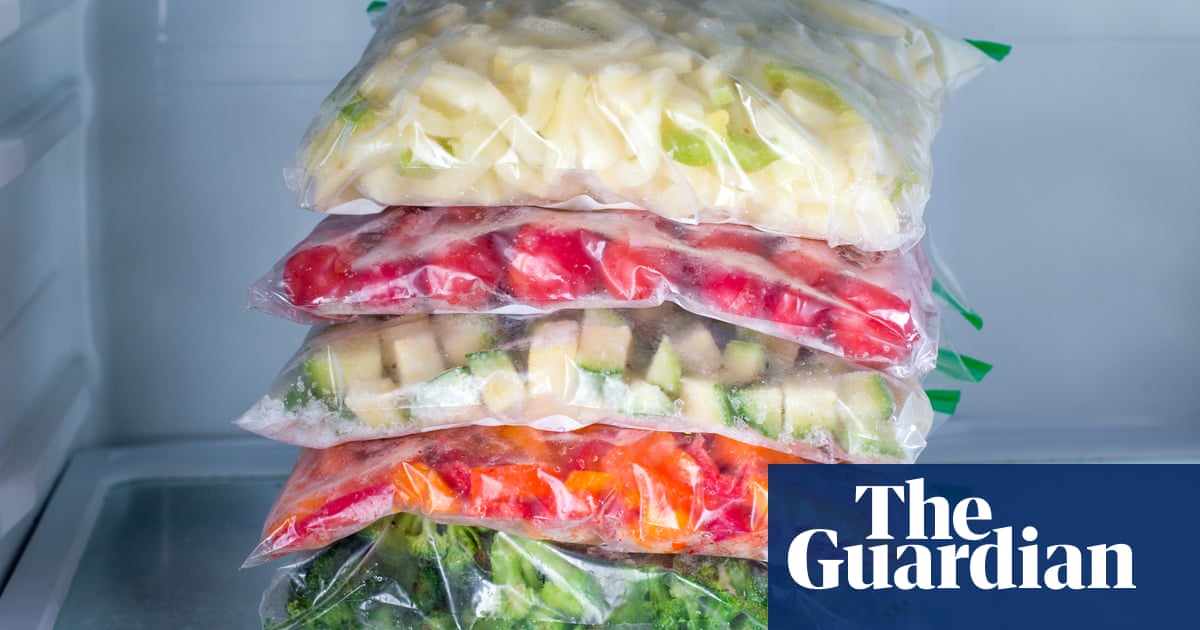
Extreme heat can be dangerous for anyone, but especially so for young children, the elderly, and people with chronic medical conditions. Wear sunscreen when out in the sun and re-apply regularly. Wear wide-brimmed head coverings and clothing that protects the body. Seek shade whenever possible.
Here are some other tips
Stay hydrated
Drink water. In hot weather, staying hydrated is vital to replace the fluids that the body loses through sweating. Dehydration can manifest as headaches, dizziness, constipation, or dry skin, lips, or mouth.
Replenish electrolytes
Electrolytes are lost through sweat and can be obtained from sports drinks, as well as foods such as bananas, raisins, potatoes, spinach, and milk.
Healthy foods
Balance your diet with fruits, vegetables, protein, and whole grains; consume local, fresh, summer produce; eat fish — rich in protein and healthy fat — two to three times per week.
Consume less salt and sugar
Limit the amount of salt, soy sauce, and other high sodium foods when preparing meals. Avoid salty snacks and choose low sodium products. Limit the consumption of sugary snacks, candy, and sugar sweetened beverages.
Defrost safely
Thaw frozen meat safely in the refrigerator, in cold water, or in a microwave oven. Cook immediately after thawing.
Storing leftovers
One of the most common causes of foodborne illness is the improper cooling of cooked foods. Leftovers should be put in shallow containers for quick cooling and refrigerated within two hours.
Eat healthy when eating out
Select restaurants that prepare fresh, healthy food. Avoid sugary drinks and limit the amount you eat. Take leftovers home rather than over-eating. Avoid desert unless fresh fruit.
Make healthy, delicious, fruit ice cream
Make your own mashed fruit and yogurt ice cream for a healthier option.
Keep physically active and sleep well
Physical activity improves brain health, reduces the risk of disease, and helps weight management. Prioritize sleep, and keep the same schedule for sleeping and waking up.











